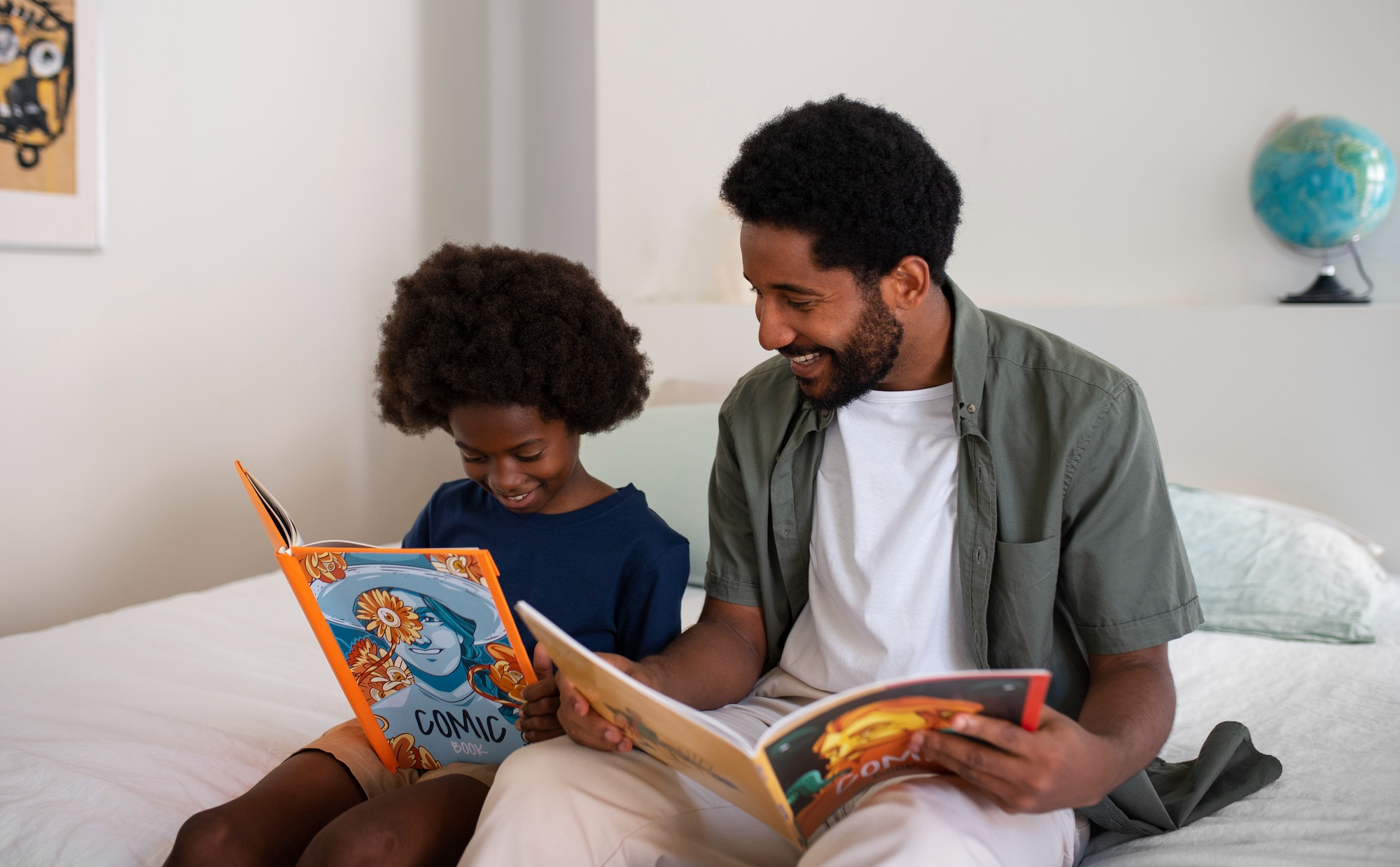When Rules Don’t Fit: Sponsoring a Child on Humanitarian & Compassionate (H&C) Grounds
(3-4 min estimated read time)
 You want to bring your child to Canada through humanitarian sponsorship Canada, but you’ve realised they’re excluded and you’ve hit a roadblock: they don’t fit the “dependent child” definition to be eligible to sponsor them. This is a common and often devastating challenge for immigrant families. Fortunately, Canada’s immigration system offers a path for these exceptional cases: the application for Permanent Residence on Humanitarian and Compassionate (H&C) grounds.
You want to bring your child to Canada through humanitarian sponsorship Canada, but you’ve realised they’re excluded and you’ve hit a roadblock: they don’t fit the “dependent child” definition to be eligible to sponsor them. This is a common and often devastating challenge for immigrant families. Fortunately, Canada’s immigration system offers a path for these exceptional cases: the application for Permanent Residence on Humanitarian and Compassionate (H&C) grounds.
H&C is not an immigration program; it’s a discretionary power held by Immigration, Refugees and Citizenship Canada (IRCC) to grant permanent residence based on your unique, compelling circumstances. It’s a mechanism that ensures fairness and acknowledges that human lives don’t always fit into neat legal categories.
If your child is excluded from a standard sponsorship application—perhaps due to age, an invalid relationship, or a past non-disclosure—H&C may be an option to explore.
The Three Pillars of a Successful Child Sponsorship on H&C Case
A successful H&C application must go far beyond simply asking for special considerations. You must demonstrate three critical factors:
- The Best Interests of the Child
This is the most crucial factor, solidified by Supreme Court of Canada caselaw (like the landmark Baker decision). You must prove that it is in the child’s absolute best interests to live in Canada with you.
Case Scenario: For instance, in a case involving a child from Vietnam, the application detailed how his mother, a Canadian permanent resident, was his sole source of support, providing evidence of remittances and a detailed account of the minimal involvement of the child’s biological father.This requires comprehensive documentation of the child’s emotional, physical, and financial dependence on you.
- Undue Hardship
Your application must also show that the child would face undue, unusual, or disproportionate hardship if they are denied permanent residence and forced to remain in their home country. This hardship must be more than the normal emotional difficulties of separation.
The application should also detail the hardship you face in Canada that prevents you from relocating to the child’s country of origin. This could include mental health struggles, evidenced by a mental health assessment, your need to care for other family members in Canada, or professional ties that cannot be abandoned. The key is proving that moving back is not a reasonable option, making the child’s immigration to Canada necessary to relieve the hardship.
- Overcoming Past Mistakes (Non-Disclosure/Non-Examination) One of the most complex issues a family faces is a prior non-disclosure of a family member, which leads to a permanent ineligibility for sponsorship under section 117(9)(d) of the IRPR. This is where an H&C application becomes a necessity.
Previous Non-Disclosure/Non-Examination: A non-disclosure occurs when a dependent child (or other family member) was not declared or did not complete a medical examination in the parent’s initial application for permanent residence.
Case Scenario: Consider the case of 2-year-old Daniel Munez. His mother, Maria, was a minor when she became pregnant and was afraid to disclose the child to her own mother, the principal applicant. This fear led to the non-disclosure of Daniel on the principal applicants PR applicant. When Maria later received PR and tried to sponsor her son Daniel, his application was refused. The H&C case required presenting this full, documented, and sensitive story, arguing that the past error was due to complex, age-related personal circumstances—not an intent to deceive—and that denying the child now would cause extreme, undue hardship.
Why You Need a Consultancy for PR in Canada
The H&C application is highly discretionary, complex, and is one of the most difficult to succeed in. The margin for error is zero.
A professional consultancy for PR in Canada is not just about filling out forms; it is about building a compelling, legally-sound narrative that directly addresses IRCC’s criteria and anticipated concerns. They will:
- Craft Your Narrative: Structure your personal story and evidence (including sensitive documents like mental health assessments or reasons for non-disclosure) to align with H&C legal requirements.
- Anticipate Refusals: Pre-emptively address reasons for refusal, such as the non-disclosure bar, by providing a detailed legal argument that focuses on the child’s best interests.
- Ensure Completeness: The documentation is exhaustive and confusing. A consultant ensures every piece of evidence—from birth certificates to proof of remittances—is correctly included and framed.
- Navigate Legal Precedents: Research landmark court cases like Baker v. Canada, which established the “best interests of the child” as a crucial factor. This knowledge allows us to frame your application in a way that aligns with Canadian legal principles.
 Bringing it to Northia
Bringing it to Northia
At Northia Immigration, we guide you through every step.
Don’t let the complexity of an H&C application or the fear of past mistakes stop you from reuniting with your child. Your family’s future in Canada deserves expert care.
Ready to understand the best path forward for your family?
Contact us to review your unique circumstances and explore how an H&C application can be the pathway to permanent residence for your child.



